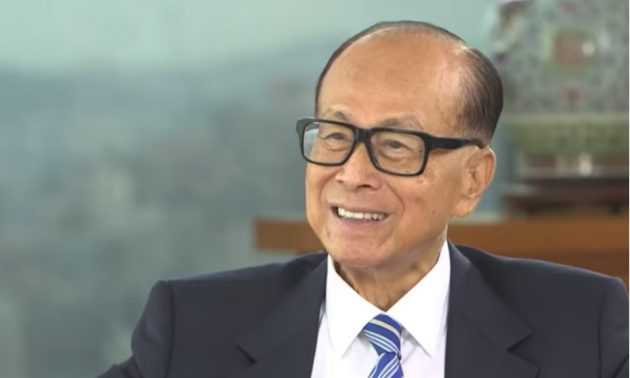China’s top 100 contributor list excludes Li Ka-shing
27 November, 2018

A number of Hong Kong’s most famous businessmen, including Cheung Kong Holdings founder Li Ka-shing, have been left off a list of people who contributed to reform and opening up China over 40 years.
The list, published by the Peoples’ Daily, named those who contributed to China’s 40 years of reform and opening up.
Cheung Kong Holdings founder Li Ka-shing, who founded Shantou University in 1981 and heavily increased his company’s investments in mainland China in the early 1990s while western investors exited after events in Tiananmen Square, was excluded from the newly-announced list of the top 100 Chinese who contributed the country’s reform.
Many other Hong Kong tycoons and philanthropists were also not on the list.
But late Hong Kong entrepreneurs such as Henry Fok Ying-tung and Wong Kwan-cheng, as well as late Macau business tycoon Ma Man-kei, made to the list, along with Goldlion chairman Tsang Hin-chi.
Former World Health Organization director-general Margaret Chan Fung Fu-chun also made the list as a non-business tycoon. She was credited with being the first Chinese to take the helm of the global health organization and also pushed for traditional Chinese medicine to be included in healthcare systems outside China.
They join a list of familiar names such as Alibaba Group chairman Jack Ma Yun, Tencent chairman Pony Ma Huateng, former NBA basketball star Yao Ming, Nobel Medicine Prize laurate Tu Youyou, economist Lin Yifu, singer Li Guyi and others in a special edition of the People’s Daily on Monday.
It was not clear how the 100 people were chosen by the official mouth-piece, but the list – which is still subject to change pending public comments to be sent in before the end of this week – were chosen based on local recommendations and several rounds of review, according to the awarding office under the Party’s central authorities.
It is somewhat surprising that Hong Kong’s powerful tycoons such as Li Ka-shing and Henderson Land chairman Lee Shau-kee, along with Macau casino king Stanley Ho Hung-sun, all failed to make to the list despite the trio being famous philanthropists and patriots.
Political analysts pointed out that the list reflected Beijing’s utilitarian approach measured by today’s political standards and that was why some heavyweights were not included.
Li Ka-shing, for example, was criticized by mainland mouth-pieces for running away with profits from China and shifting them to Europe, something unlikely to be viewed favorably by some of Beijing’s leadership.
In response, Li issued a statement three years ago, saying he would continue to invest globally, including in China. The statement also said 87% of his HK$17 billion (US$2.18 billion) in donations were made in China.
However, if a businessman’s contributions to China are only measured by his net loss, instead of donations to the country, it is unlikely Li would be seen as a patriot in Beijing.
TAG(s):
